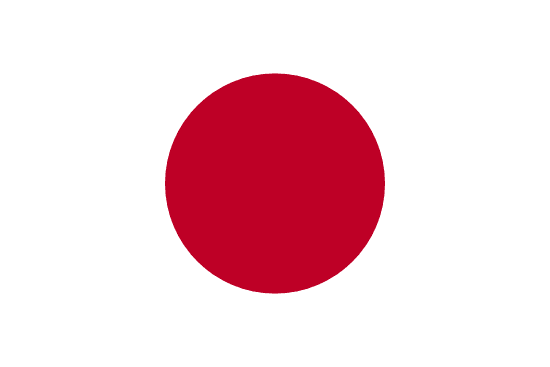"屋久島、自然の宝庫 | Yakushima, a treasury of nature"
About:
Yakushima is a subtropical island off the southern coast of Kyushu, Japan, known for its ancient cedar forests. Inhabited since the Jomon period (14,000-300 BC), it was officially incorporated into Japan in the 8th century. The island's unique ecosystem led to its designation as a UNESCO World Heritage site in 1993. Despite modern development, it remains a significant site for environmental conservation and eco-tourism.
When to visit:
Yakushima, located in the southern part of Japan, is best visited during the spring and autumn seasons for pleasant weather conditions. The months of April to June offer mild temperatures and blooming flora, making it an ideal time for hiking and exploring the island's lush forests. Alternatively, September to November sees cooler temperatures and vibrant autumn foliage, creating a picturesque backdrop for outdoor activities. Travelers should avoid the summer months, as Yakushima experiences high humidity and heavy rainfall during this time, which may disrupt outdoor plans.
When to avoid:
Yakushima is a popular travel destination known for its lush forests and diverse wildlife. The worst time to visit Yakushima on a holiday would be during the peak of the rainy season, which typically occurs from June to July. Heavy rainfall during this time can lead to landslides, road closures, and limited outdoor activities. Travelers should consider avoiding this period to ensure a more enjoyable and hassle-free experience on the island.
Rainy Season
Yakushima experiences its rainy season from May to early July, with heavy rainfall making outdoor activities difficult and less enjoyable.
Autumn
The best time to visit Yakushima is from October to November, when the weather is mild and clear, making it perfect for hiking and exploring the island's natural beauty.
Language:
In Yakushima, Japan, the most commonly spoken language is Japanese. The local dialect, known as Kagoshima dialect, is also used by the island's inhabitants. English may be understood in tourist areas, but it's not widely spoken.




